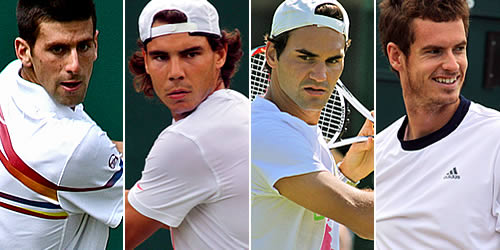The National Hockey League has come a long way since it was founded in November 1917 by four Canadian clubs – Montreal Canadiens, Montreal Wanderers, Ottawa Senators and Quebec Bulldogs – fed up arguing with Eddie Livingstone, the boss of National Hockey Association team Toronto Blueshirts.
The first National Hockey League season featured only four sides and one of them, the Montreal Wanderers, withdrew six rounds in after their area was burned to the ground. It was not until the late 1960s that the National Hockey League grew behind little more than a handful of teams, with the numbers rising steadily to the 30 sides operating today.
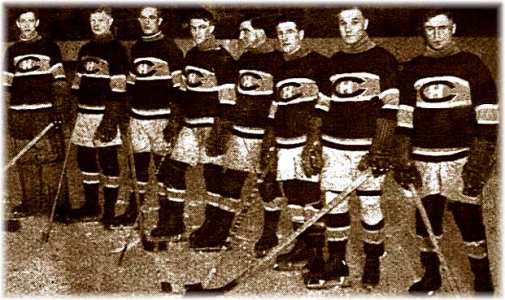
One of the earliest photos of an NHL team circa 1916
The 2012-2013 National Hockey League season will be the 95th edition of the world’s premier ice hockey competition but it will be unlike all bar one of them. That is because a pay dispute delayed its start by more than three months, leaving National Hockey League officials scrambling to piece together a regular season comprising 48 rounds.
The same thing happened in the 1994-1995 National Hockey League season when a total of 468 games were lost due to a three-month lockout, with the All-Star Games also failing victim to the disagreement between owners and players.
Punters who believe in omens may want to back New Jersey to win the 2012-2013 Stanley Cup since it was the Devils that won the post-lockout Stanley Cup championship 18 years ago, sweeping Detroit 4-0 in the best-of-seven-match series.
Bookmakers in love with The Next One
Pittsburgh will start the 2012-2013 National Hockey League season as the Stanley Cup favourite because of one guy: Sidney Crosby. The Next One says that he is completely healthy again and, if so, the 29 rivals of his Penguins could be playing for minor honours over the coming months.
Crosby is the finest ice hockey player of his generation. Period. Drafted first overall in 2005 by Pittsburgh out of the Quebec Major Junior Hockey League, Crosby finished his freshman National Hockey League campaign sixth in scoring with 102 points from 39 goals and 63 assists. Crosby topped the National Hockey League scoring chart in his superb sophomore season, his 36 goals and 84 assists earning him the Art Ross Trophy. Also, Crosby collected the Hart Memorial Trophy and the Lester B Pearson Award for his performances. Crosby was named Penguins captain going into his third National Hockey League campaign and he celebrated Stanley Cup glory at the end of his fourth, becoming the youngest winning skipper in the competition’s history.
The Vancouver 2010 Winter Olympic Games were a triumph for Crosby, scoring Canada’s gold medal-winning goal in overtime against the United States of America, and he starred for Pittsburgh throughout his fifth National Hockey League season. But everything started to go wrong after that.
Crosby sustained a concussion as a result of blows to his head in back-to-back games during the 2010-2011 National Hockey League season, an injury that ruled out the centre for more than 10 months. Crosby came back during the next National Hockey League campaign but he managed only eight matches before missing another four months. Hence why ice hockey fans are waiting to see if Crosby goes the distance throughout the 2012-2013 National Hockey League season.
Blues overpriced for first Stanley Cup
With the hype surrounding Crosby reaching fever pitch, the bookmaking fraternity have moved his Penguins to the top of the 2012-2013 Stanley Cup betting market, even though not even The Next One knows how his precious head will stand up to the knocks coming its way over the next few months.
There is likely to be much better 2012-2013 National Hockey League value away from Pittsburgh and the side that appeals most at the ante-post odds is St Louis, with the Stanley Cup-less Blues available at around the 18-1 mark.
St Louis was the Western Conference’s second seed for last season’s Stanley Cup Playoffs after taking out the Central Division with 109 points. The Central Division was the pick of the three Western Conference sections, with four of its five teams qualifying for post-season action. And the Blues made the Western Conference top four before losing to Los Angeles, the side that went on to win the Stanley Cup.
Expertly prepared by Ken Hitchcock, St Louis is a relatively young team that has the potential to improve. And the Blues have an asset that could prove priceless when the games come thick and fast during the condensed 2012-2013 National Hockey League season: a brilliant goaltending tandem.
With sides facing the prospect of playing on short rest many times as a result of the lockout that delayed the 2012-2013 National Hockey League competition, coaches will be almost forced to play their second-string goaltenders. Fortunately for Hitchcock, St Louis have two guns in Brian Elliott and Jaroslav Halak. Both of them are superb stop stoppers.
Elliott and Halak registered a total of 15 shutouts between them during the 2011-2012 National Hockey League season, a tally that was sufficient to equal the modern record set by Chicago in 1969-1970. Elliott topped the regular-season charts for both goals against average (1.56) and save percentage (.940), while Halak ranked equal fourth for goals against average (1.97) and sixth for save percentage (.926).
Some astute National Hockey League analysts are talking up the importance of good back-up goaltenders in the 2012-2013 competition because of the choc-a-bloc schedule. The Blues have the best goaltending tandem so back them at around 18-1 to end their long wait for a Stanley Cup championship.

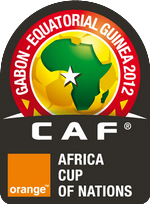 The 2013 Africa Cup of Nations is the biggest event on this year’s international football calendar, which just goes to show how far the tournament has come in recent times.
The 2013 Africa Cup of Nations is the biggest event on this year’s international football calendar, which just goes to show how far the tournament has come in recent times.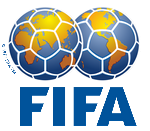
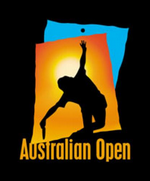 Tennis players do not get a great deal of down time and
Tennis players do not get a great deal of down time and 